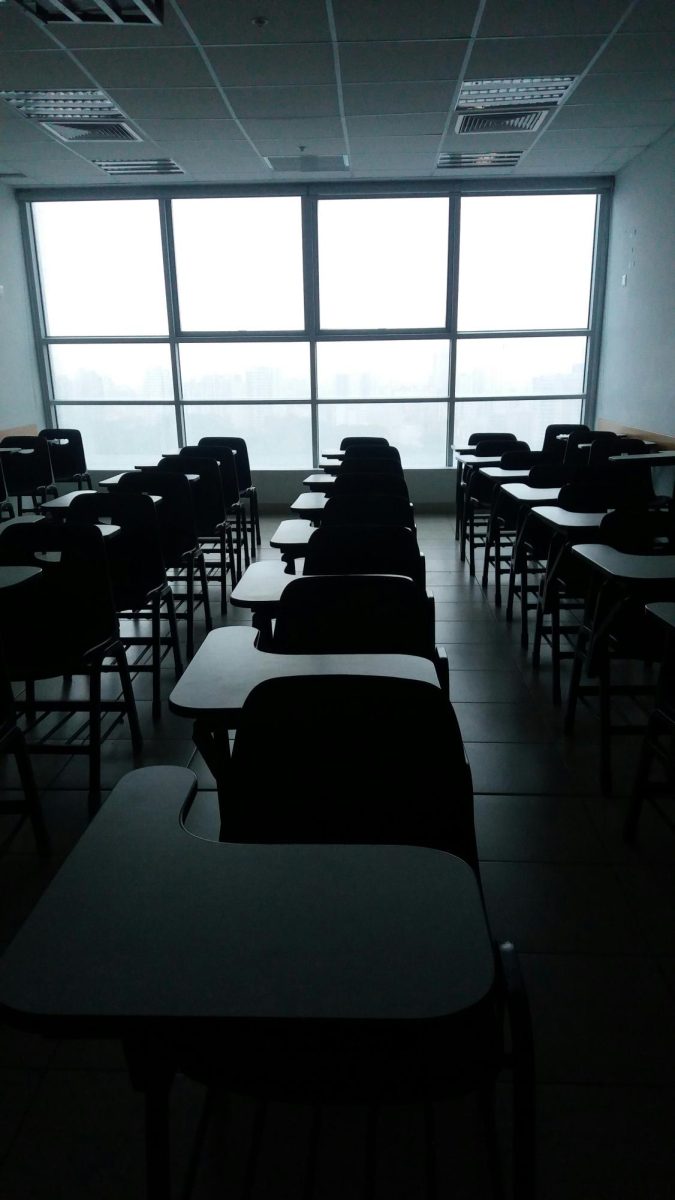School is synonymous with an absurd amount of stress. From worrying about the Chemistry lab worth 10,000 points due next period, to the hassle of friend drama, and even about making sure they get into a good college, it’s no wonder that students across the nation are feeling its effect.
A recent study from the American Psychological Association has shown that teens might just be more stressed than adults, saying that on a scale of 1-10, 10 being the most stressed, teens produced an average stress level of 5.8 versus the adults’ 5.1.
This high level of stress has driven 23 percent of teens to skipping a meal at least once a month, as well as preventing them from getting the 8.5 to 9.25 hours of sleep a night that is recommended for their age group — most average about 7.4 hours on school nights and 8.1 hours on weekends.
So if these high school students aren’t eating or sleeping, how the heck are they surviving?
Don’t worry, the school system isn’t failing us entirely. Remember those critical thinking skills teachers are always harping students about? Well, it turns out that they have helped some students discover ways to deal with their pent up emotions and stay sane.
“My method has really helped my mental health because living with high levels of stress really isn’t healthy. I am able to still motivate myself to be a good student without letting my grades define me or get me down,” said Helena Winkler, a senior at Canton High School.
The most common defense against the stress modern students feel is to simply take a break from whatever they are working on.
“I take a 10 minute break. I leave the room I’m doing my homework in and walk around my house or go outside if it’s nice enough,” said Sydney Anderson, a senior at CHS.
By taking a break, Anderson is able to to look outside of the assignment and refocus her energy on herself, her mental health, and actually calming down.
Emma MacLaren, a freshman at CHS, also uses this tactic to regain focus. “I think that taking a break from the work for a little bit and coming back to it is better than just staring at a paper for a half an hour because the work is stressing you out,” she said.
By taking time to reevaluate their situations, these students have found it easier to eliminate whatever the cause of their stress is, and to get to work done.
“It helps me remember that everything will be okay even if I don’t do perfectly on one assignment,” Anderson said.
But whatever a student does to rewire their brain out of the “STRESS” mode, it is very beneficial to establish if they actually need to be stressed over whatever weight they may be dragging around. This is what Winkler likes to do. She will evaluate whether or not she has control over the situation, or if she should just let it go.
“One of the best pieces of advice that I’ve received is that there is a difference between stressing over school and still caring about school,” Winkler said, “especially regarding things that you have no control over, like a test you’ve already taken.”
Categories:
How some students turn off stress
December 13, 2018
Stress is a common part of student life. Some students have developed strategies for stress relief. Photo by Aaron Bianco Tejedo
0
More to Discover












